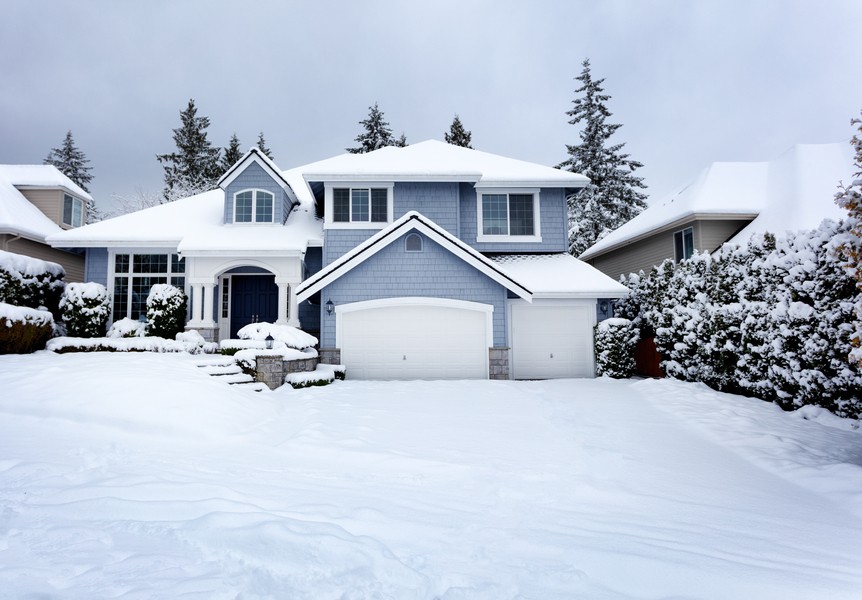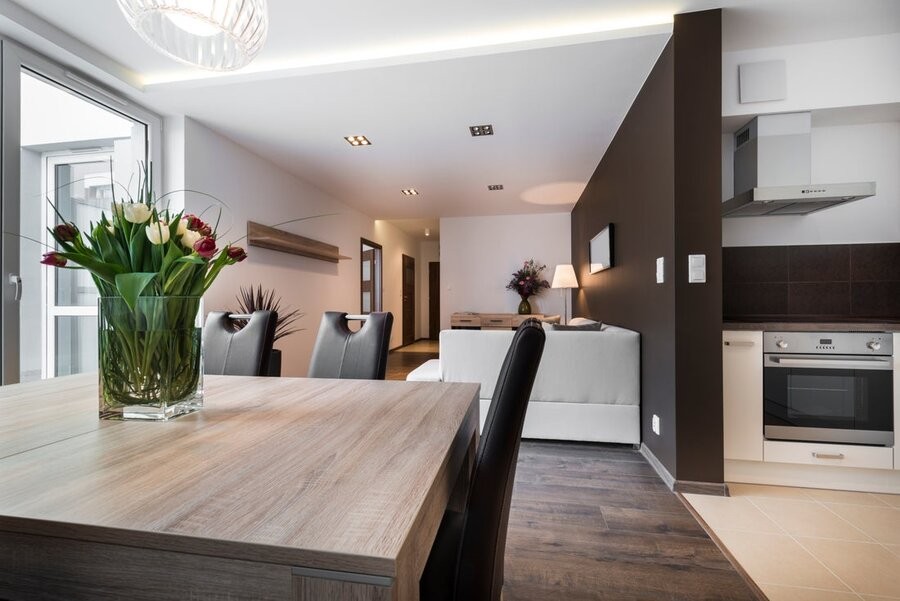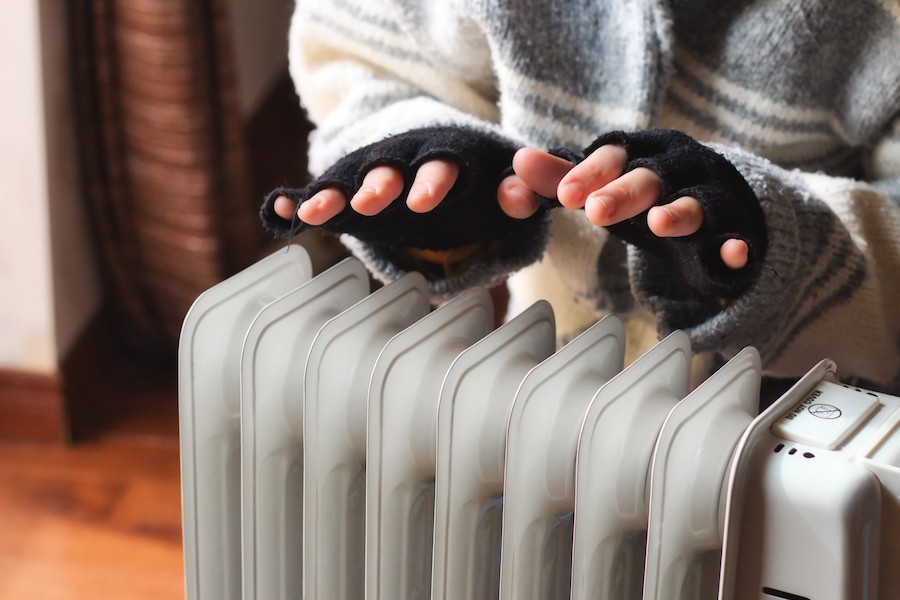As the winter season approaches faster than many of us had hoped for, it becomes more critical to prepare your home and keep your mind at ease when the weather starts to turn. Many may not realize how much winter can impact your home, so taking the proper precautions will help to get you and your home ready for the winter season. It is very important to take care of your home's exterior and interior when preparing for the chilly weather. Who wants to worry about having to take on any home projects when it’s cold out? Our guess is, no one!
This article will walk you through what you should have in your home for winter and what to mark off of your checklist before the first snowfall.
Invest in a Smart Thermostat
After returning home from a long day at work on a cold winter afternoon, the last thing you want is to walk into a frigid house. If you’re wondering how you would be able to avoid that, we have the answer for you – smart thermostats! A smart thermostat can be controlled from your smartphone, so you’re able to turn your heat on and off with the tap of a finger. This makes it quick and easy to manage your home’s temperature while the system itself helps to save you money and energy.
If you don’t already have a smart thermostat and are considering one, making the choice sooner rather than later will add to a comfortable home and reduced utility bills. Installing this type of thermostat is something that should be done before winter hits in case any incidents occur, such as faulty wires or power outages. If you’re unfamiliar with thermostats and their installation, Bob’s Heating & Air Conditioning can help you install a smart thermostat for your home.
Check your Home’s Insulation
Before winter hits, creating a checklist of what needs to be done will also help you to get your home ready. One of the items on the checklist should be to check your home’s insulation during the summer or fall to allow you to find and resolve any problems that arise. Due to the temperature drop outside as winter progresses, ensuring your home is properly insulated will help keep your home warm. Your windows, siding, attic, and basement should all be insulated to avoid any cold air from entering your home.






